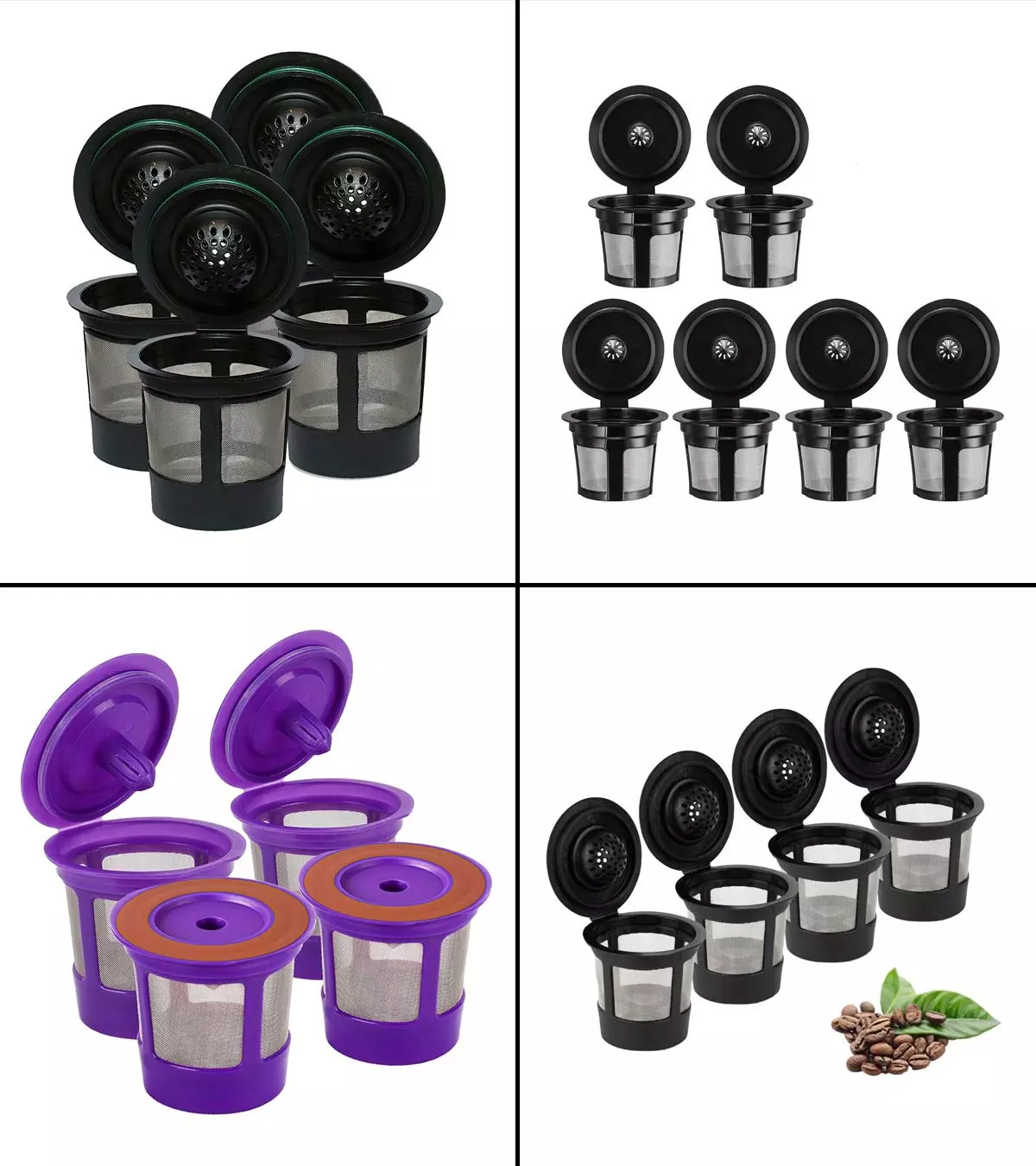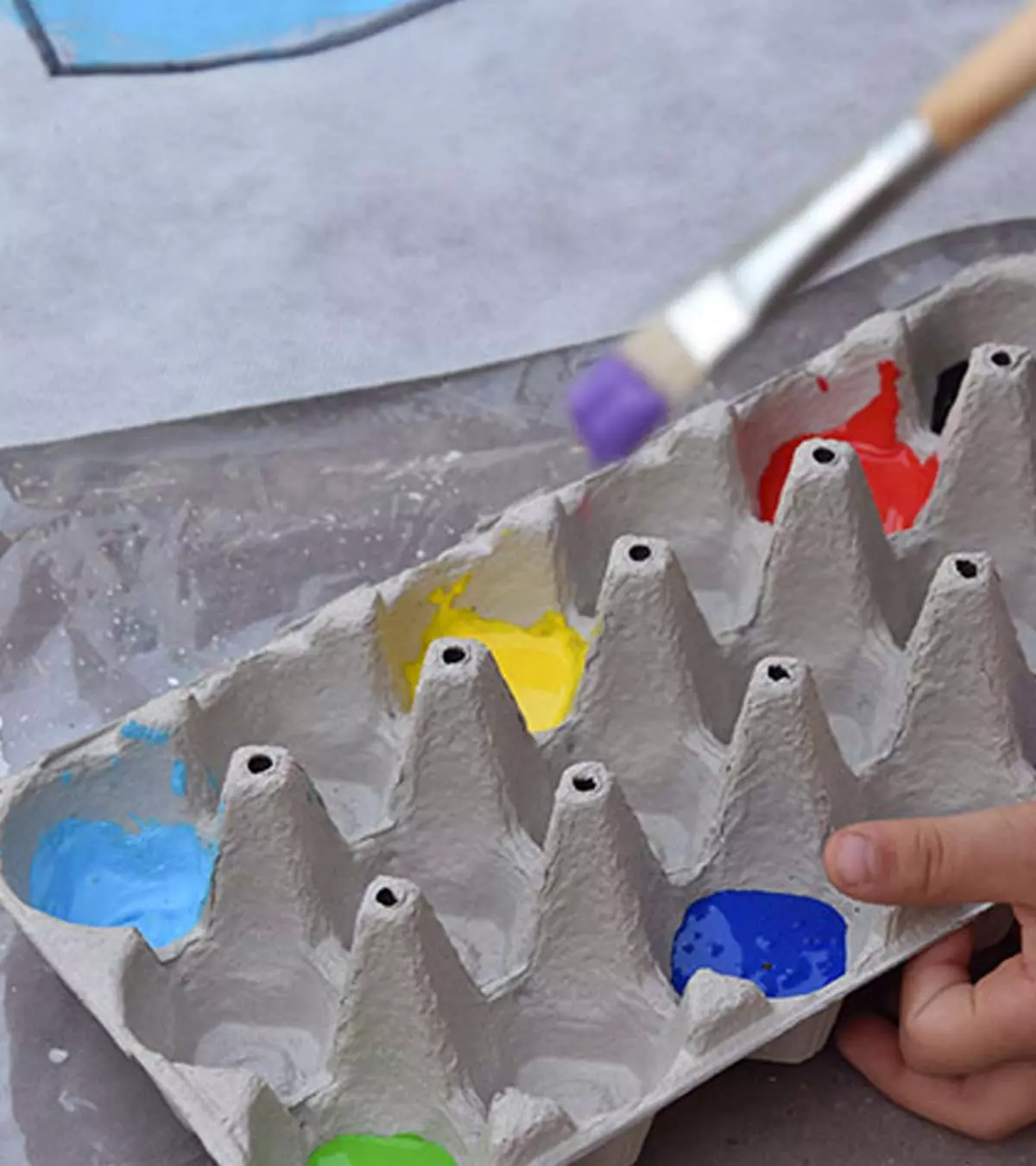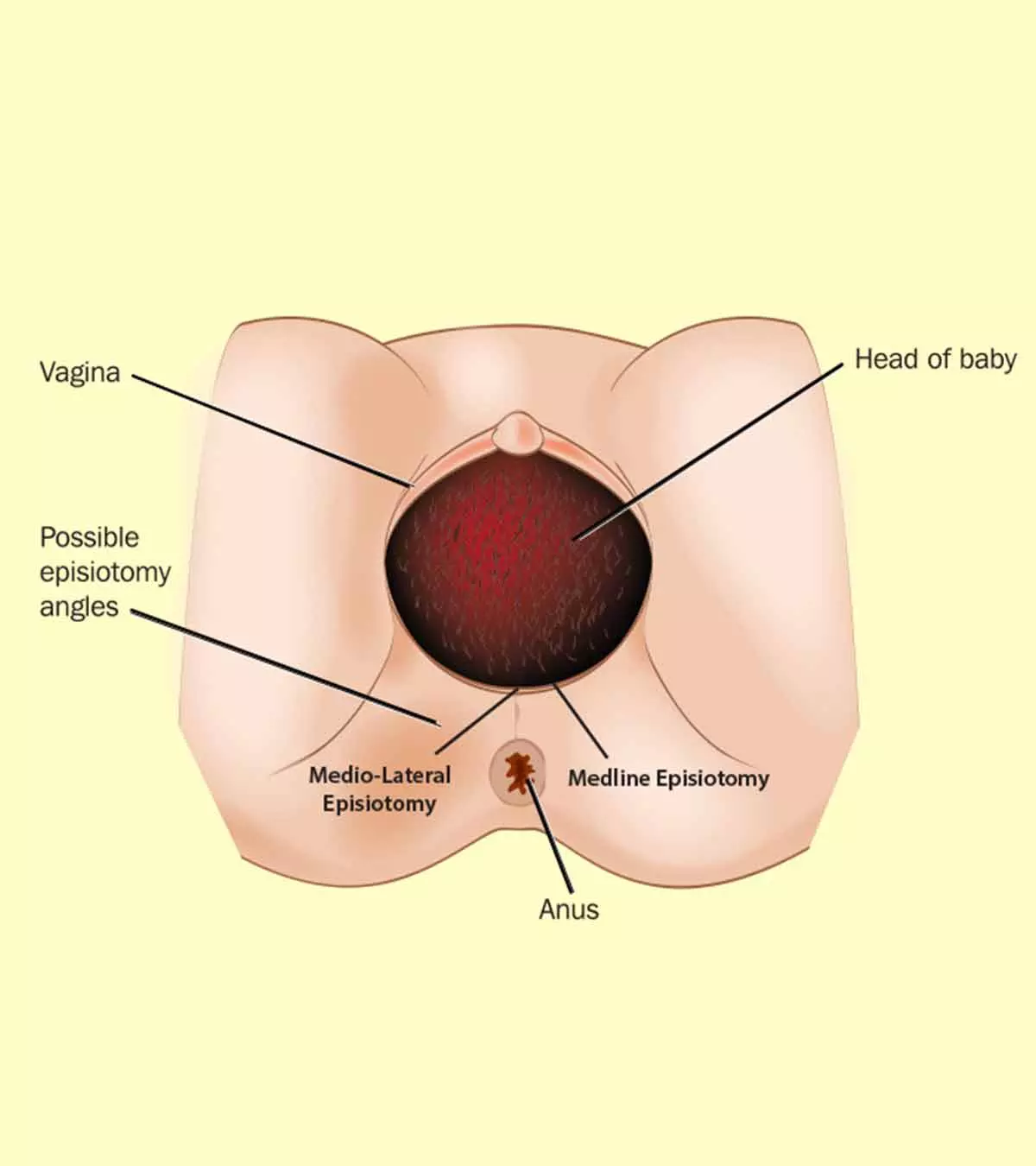

Image: iStock
Are you wondering how to deal with relationship anxiety? A relationship can cause you to have a lot of doubts. It’s natural to feel apprehensive or insecure at times, but you must ensure that these feelings do not persist throughout the relationship. Also, if you have any doubts about your relationship with the individual, let them know and seek help in dealing with the situation.

However, there may also be instances when you are unsure whether or not you made the right decision by entering into a relationship with someone. And the situation gets worse when you have an excessive level of relationship anxiety. So here we are to assist you in learning how to deal with it. Continue reading to learn more.
What Is Relationship Anxiety?
Relationship anxiety is a collection of negative emotions that you might have about your relationship with your partner. It could be insecurity, jealousy, uncertainty, worry or something similar.
Anxiety can crop up at any stage of your relationship. You are vulnerable to it as much in the initial days as you are at a later stage when the bond becomes stronger.
A person with anxiety spends time worrying about things that could go wrong or things that have wrong in their relationship. Here are some of the typical thoughts that reinforce your anxiety:
- Is she lying to me?
- Is he hiding anything from me?
- Can I trust her?
- Does he love me enough?
- Is she really serious with me?
- Is he seeing someone else?
- What if she dumps me?
- Is this relationship going to work?
- Why is he not replying to my text?
- What if she finds someone better than me?
It is normal to worry to a certain extent, but when it reaches higher levels, then it is helpful for you to identify that you are worrying the signs and develop good coping strategies to stop the worry becoming all consuming.
What Are The Symptoms Of Relationship Anxiety?
Individuals having relationship anxiety fear various things. Here are some of the symptoms:
- Low self-esteem: Anxiety can result in poor self-esteem. If you have low-esteem, you fear being judged by your partner and that makes you conscious about how you behave.
- Fear of rejection: You have a constant worry that you would be rejected and abandoned by your partner.
- Mistrust: You cannot trust your partner due to a fear of getting betrayed.
- Isolation: You are so absorbed in your relationship that you isolate yourself from everyone around.
- Issues with intimacy: This is linked to the fear of being judged. You fear being judged when you get intimate and hence hesitate to get intimate.
- Need of attention: You like attention and affection and hence you want to be around your partner all the time even when the partner wants privacy.
- Possessiveness: You feel jealous when your partner is close to others. You have an urge to test your partner’s love and commitment; and when they pass the test, you are happy. However, this reassurance often does not last long and you may soon become jealous again.
- Anxiety attacks: The constant negative thoughts and emotions can lead to anxiety attacks.
- Emotional imbalance: You go through varying emotions such as frustration, anger, sadness, and impatience.
- Insomnia and decreased libido: Constant worry makes you lose sleep and the resulting stress reduces your sex drive.
If you or your partner are having some or all of these symptoms, then knowing the causes of such fear can help make the necessary changes that will help your relationship
What Are The Causes Of Relationship Anxiety?
Relationship anxiety can be a result of some deep-rooted reasons, such as issues faced in your childhood.
Let’s understand some common causes of relationship anxiety:
- Lack of affection, neglect in childhood or witnessing unhealthy relationships for a long time can make you emotionally vulnerable.
- Anxiety can result from the bitter relationships in the past, especially due to infidelity. The pain and hurt are carried to the current relationship leading to anxiety and lack of trust.
- Complications in the current relationship can be the source of constant worry, fear, and stress. You maintain emotional or physical distance and the uncertainty of your relationship causes anxiety.
- If you find yourself fighting with your partner frequently, then you constantly worry about when the next conflict will occur. That can cause anxiety because you are afraid to enjoy your happy moments with your partner because you are continuously focusing on the negative moments.
- Negative vibes occur when the two of you are struggling to get along with each other and don’t support each other. Such negative environment can cause anxiety.
- When the stress in your relationship is being carried on for a long time, it manifests in the form of anxiety.
Anxiety has a negative effect on the relationship because it can cause conflict and sometimes secrets, if things are kept from the anxious person due to fear of how they will react, this in turn increases your anxiety. Therefore, let’s see its effects on your relationship, and ways to address them.
How Does Anxiety Affect Relationships And How Can You Stop It?
Here is how anxiety manifests in your relationship. We have given a solution for each such effect:
1. Anxiety makes you constantly worry:
Even when your relationship is going smoothly, you have thoughts like, “Is my partner really happy with me or is he sticking around for convenience?”, “Is this relationship going to end horribly?” etc.
How you can stop it:
- Live in the moment, take one day at a time.
- If your mind is forcing you to think negative, then stop and think about the happier days you had.
- Think before you react, share your feelings openly, and connect with your partner instead of withdrawing from them.
2. Breeds mistrust:
When you are anxious, you might end up thinking extremely negative about your partner. There might be a constant suspicion that your partner is cheating on you. That can make it difficult to be honest or nice with them.
How you can stop it:
- Think for a moment, and ask yourself, “do I have any evidence for my suspicions”.
- Talk to your partner and clear your doubts.
- If there is lack of trust, try starting afresh.
- Date each other as strangers and build your trust gradually.
- Once you re-establish your trust, your anxiety levels reduce.
3. Makes you selfish:
You focus so much on your problems and issues that you do not get a chance to think about your partner. You feel that you have to worry to protect yourself, and that can stop you from taking care of your partner.
How you can stop it:
- Focus on your needs and not your fears.
- When you fear for your relationship, seek your partner’s support to feel loved and understood.
4. Inhibits your expression:
When you are anxious you are unable to express your true feelings. You want to talk to your partner about your thoughts but the fear of misunderstanding or negative reaction from your partner will pull you back. You may want to talk right away, but you find it convenient to procrastinate.
How you can stop it:
- Express what you feel so that the anxiety is not manifested.
- Reach out to your partner.
- Think about your love for your partner rather than their feelings for you.
5. Comes in the way of your happiness:
Anxiety can limit your ability to be happy. You don’t live in the moment because you are too preoccupied with worry and fear.
How you can stop it:
- Share affection and humor with your partner.
- Happiness gets you back into having a healthy relationship.
- Recognize that nobody is happy all the time, enjoy the happy moments and be realistic that negative emotions are part of being human.
- Be aware of your own personal values and move towards those.
6. Anxiety makes you impulsive:
When anxiety goes beyond the normal threshold, people get impulsive, can make hasty decisions, and can sometimes become aggressive.
How you can stop it:
Be conscious of your anxiety related negative thoughts, notice them, name them and instead of believing them try saying to yourself, “I notice I’m having the thought that……..” this helps you to recognize that it is just a thought not a reality.
7.Makes you clingy or distant:
Anxious people either get too clingy, suffocating their partner or become distant to avoid pain. Both the extremes are unhealthy.
How you can stop it:
- Re-discover yourself, reflect and understand your feelings and work on them.
- Keep yourself occupied with a hobby.
- Make plans with friends or family, having a wider network can stop you relying too much on your partner for fun, happiness or support.
- Be aware of your own values and goals and keep moving towards them.
8. Makes you only focus on the negative:
High levels of anxiety can prevent you from differentiating good from bad. You might refuse things that are helpful. It stops you from making the right decisions because you feel stuck.
How you can stop it:
- Don’t push away your uncomfortable thoughts, but acknowledge and address them.
- Balance your thoughts and make careful decisions.
- If you are not in the right frame of mind, seek help from your parents or friends.
9. Causes withdrawal:
Instead of explicitly rejecting your partner’s behavior or responding healthily, you withhold yourself and become silent. Withholding is a passive aggressive behavior that is exhibited to gain control over the person or situation.
How you can stop it:
- Communication is the best medicine, so do not stop that.
- Understand what your partner needs and tell them what you want.
- Be aware that ‘the silent treatment’ will just push your partner away from you or activate their insecurities, this kind of behaviour is always damaging to a relationship.
Self-help will make you deal with your anxiety. But if it is your partner who is anxious, you might want to help them with some coping strategies. Read on to know how you can do that.
How to Deal With Anxiety In Your Relationship?
Here is what you can do to make your partner feel secure in the relationship:
- Accept that your partner has relationship anxiety, and focus on finding helpful strategies to reduce the anxiety.
- Learn and understand the fundamentals of anxiety, so that you can face your partner with patience.
- Encourage your partner to talk about their anxiety. Talking about it can help and increase understanding. When you listen, just listen without judging.
- In an extreme case, your partner might not be ready to go for therapy. Offer to attend the counseling sessions together until they feel comfortable attending sessions alone.
- Don’t try to change your partner. Make them aware of some of their anxious behaviors and offer support. Be aware of your own behaviors too and try to identify if anything you are actually doing is increasing your partner’s anxiety. If this is the case, then discuss the behavior and impact on the relationship.
- Manage your reactions to your partner’s anxiety. Don’t get defensive or judgemental. Instead, keep calm, and when the time is right, talk to your partner about their behavior.
- Remember , suffering from anxiety doesn’t give your partner the right to insult, threaten or try and control you. Define your boundaries and make it clear that your partner cannot break them even during anxiety attacks.
- When you see that your partner is making progress in overcoming anxiety, acknowledge that and appreciate them.
- Make some lifestyle changes in your routine and include your partner in them. Practise meditation, exercise, or just go for a run. It helps reduce anxiety and keeps you both relaxed.
- Maintain a positive outlook! Train your mind to think positive and be mindful of what you think. Be grateful for the good things in your life and focus on resolving the problems.
In addition to the things that you should do, there are a few things you should not do as they can increase your partner’s anxiety. So, don’t:
- Try to fix your partner
- Overlook their anxiety
- Facilitate their anxiety-related behavior by pampering them
- Criticize them
- Lose your patience when their anxiety surfaces time and again
Misunderstandings, conflicts, and arguments are normal in any relationship. Relationships are not easy but your maturity lies in the way you overcome obstacles Such maturity comes as your relationship progresses from the initial dates, anxiety is bound to occur in a new relationship and can be quite normal for many people.
How To Face New Relationship Anxiety?
When you start off with a new relationship you can be nervous, hesitant, and unsure. You can be unsure what to say or what to do as you don’t know the person. This can make you feel anxious
And if you are already an anxious person or have had a difficult relationship in your past, it can make things worse.
If you find yourself in such a situation, ask yourself ‘what’s going on’ and evaluate the situation realistically without getting influenced by your past. Here are some pointers that can help you do that:
- Understand yourself and your preferences before you try to understand your partner. Anxious people are eager to please their partner at the expense of their own needs.
- Don’t react to the situation hastily. Take a break and then respond.
- Don’t let your past relationships affect your current relationship.
- Check if your needs and aspirations are being met. Or if your expectations are too high to be met.
- Don’t compare your ex and current partners; that can ruin your chances of getting into the new relationship.
- Define your boundaries and make your expectations clear.
- Be open in your communication.
- Be positive and focus on the good things about your relationship.
- Share your feelings with your family and friends and get some advice. A third person can help you see the situation from a different perspective.
- Accept the fact that you can’t control the situations. You can only control your reaction to them. So, think calmly and act wisely.
Recognizing your relationship anxiety is the first step towards facing the problem at hand. Before you conclude that you are having relationship anxiety, find out if your fears are uncalled for or genuine.
Frequently Asked Questions
1. How do I know if my anxiety is ruining my relationship?
When anxiety seeps into a relationship, anxious and negative thoughts take center stage and blur the partners from view. People with anxiety also tend to avoid intimacy, which is essential for any relationship. Thus, if your relationship has become stressful, lacks intimacy, and is filled with negative emotions, anxiety could affect it.
2. Can anxiety make me doubt my relationship?
Anxiety can cause you to second guess many aspects of your relationship that you were once sure of, including your compatibility. You may also begin to wonder whether you and your partner are really happy or just used to being around each other. Unfortunately, these thoughts may crop up even though your relationship is going well.
Relationship anxiety is when you have negative emotions about being with your partner. Before you conclude your condition, it is essential to know whether your fears are genuine or uncalled for. Nevertheless, your fears could be accurate if your partner is not loyal to you, disrespects you, harasses you, or is not committed to your relationship. In such scenarios, you may consider breaking ties with them. However, if your partner is loyal, caring, and strives to make the relationship work, you may share your feelings with them to make things better in time. Understanding the facts about your partner and your feelings is the first step toward tackling the issue at hand.
Community Experiences
Join the conversation and become a part of our nurturing community! Share your stories, experiences, and insights to connect with fellow parents.
Read full bio of Emma Mathews
Read full bio of Kalpana M















